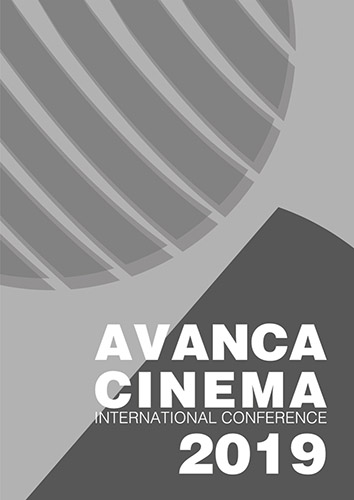Chapter III _ Cinema - Communication
Do cinema à análise do discurso dos media.
Abstract
How can film be operative in the analysis of media discourse?
From the point of view of the work of analysis, one thing is the object of study (a piece of press, radio, television or digital based) arriving at the hands of the analyst or the student while finished; another thing is that same object considered referring it to the historical, social and personal context in its genesis. We consider that there is an undeniable addition of value when this happens: given our experience of analysis and teaching, this is what we see that film “does”.
We want to bring to the discussion two films: “The Post” (Steven Spielberg, 2017) and “All The President’s Men” (Alan J. Pakula, 1976). From the point of view of the analysis of the discourse of the media, what approximation to space and objects, to the gestation time of journalistic work, to the very physicality of the process do these two films bring? From the point of view of film, since both refer in different ways to the same epoch - one, directly, once is made three years after the narrated events, as is the case of “All The President’s Men ‘; and another as a ‘vintage’ movie, therefore, as a reconstitution, with other objects and other bodies, as is the case of “The Post” - what are the differences between one and the other, from the point of view of representation? What, finally, does film document?

This work is licensed under a Creative Commons Attribution 4.0 International License.

